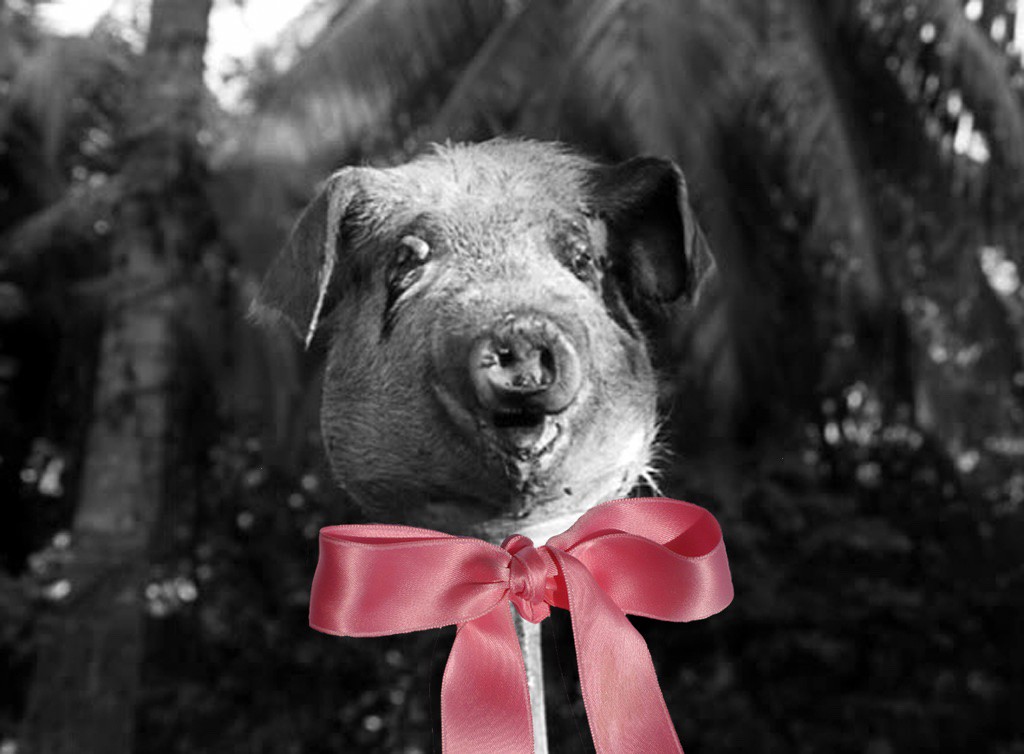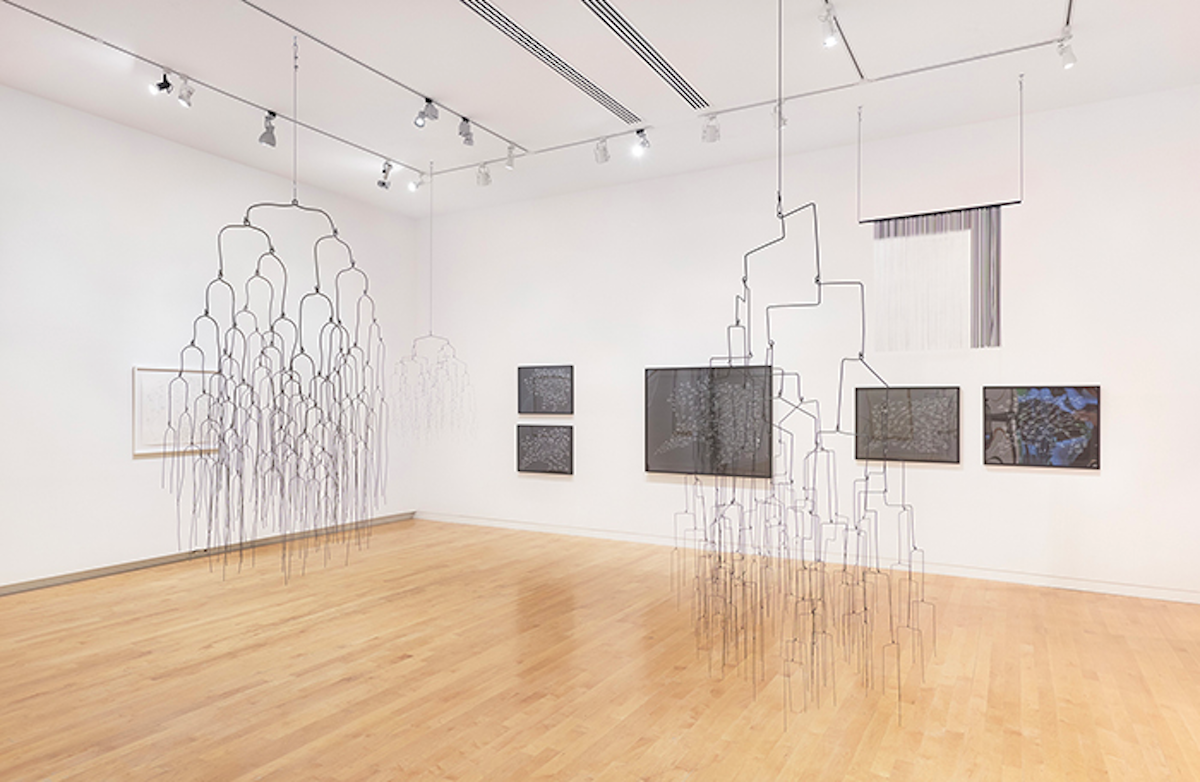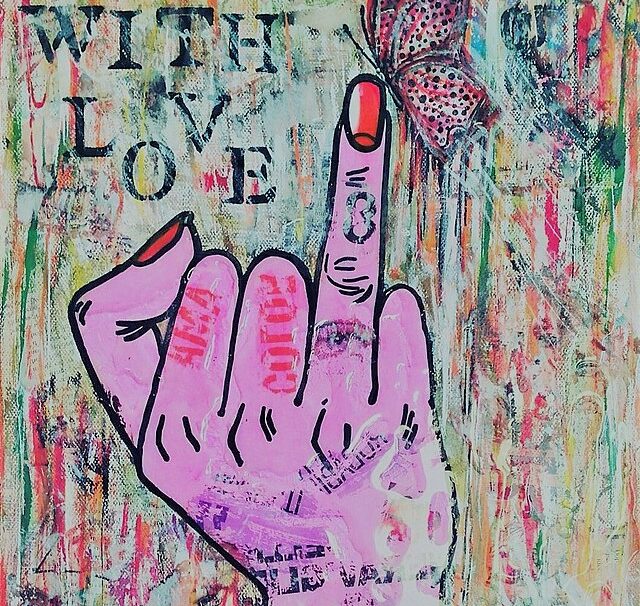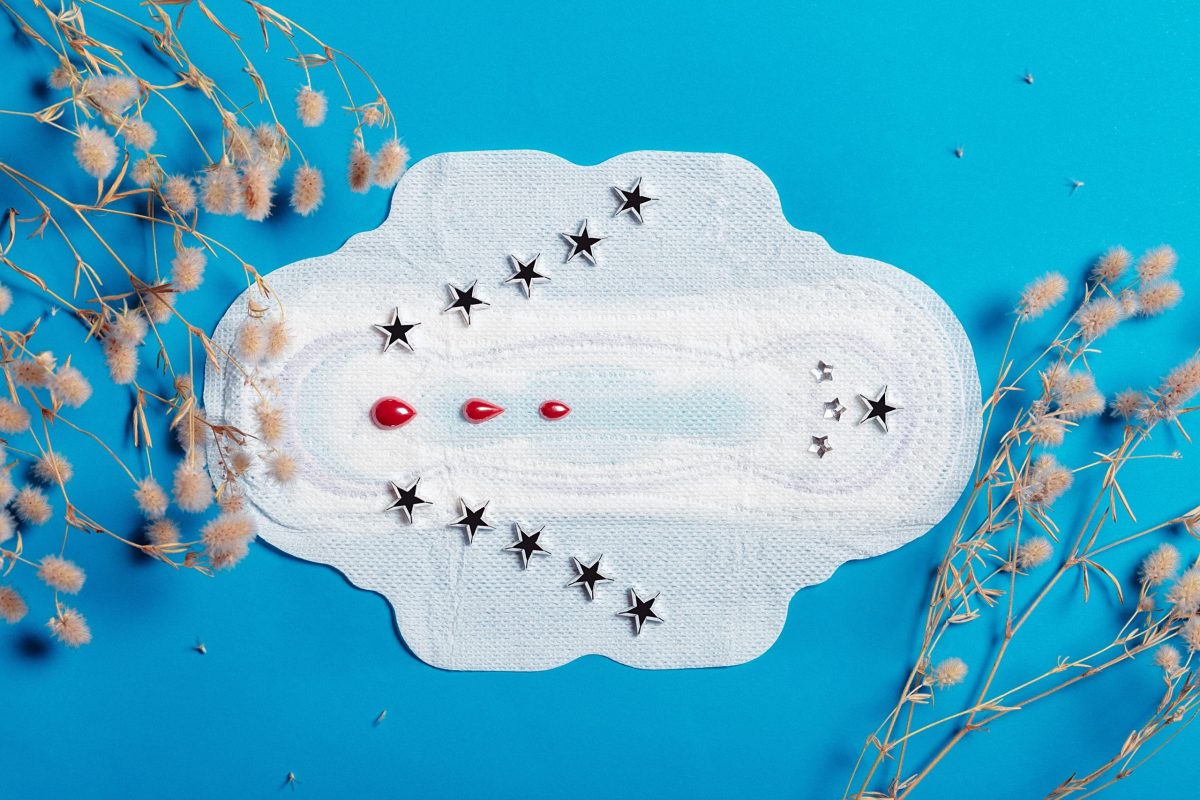Books & Culture
Actually, an All-Girls ‘Lord of the Flies’ Could Be a Good Idea
The upcoming adaptation has been mocked online, but are we dismissing it too quickly?

Social media did not take kindly to the announcement that two men will write and direct a film adaptation of “Lord of the Flies” with a contemporary setting and an all-female cast. Twitter users pointed out that the purpose of William Golding’s novel was to show how prepubescent boys, left to their own devices on an adult-free desert island, would begin to replicate the patriarchal society they knew — one infected by paranoia and ruled by scheming, warmongering brutes. To swap the boys for girls was to miss the point, many argued, about systemic toxic masculinity.
David Siegel, one half of the team behind the movie, didn’t reassure people that he got the point when he told Deadline that the filmmakers intend to create a “faithful but contemporized adaptation of the book, but our idea was to do it with all girls rather than boys.” A simple swapping of one gender for the other might sound more like a novelty than a dive into the realm of preadolescent girls, as deep as the one Golding plumbed with boys — an analogue to the Ghostbusters remake, only this time with classic literature. That the adaptation might traffic in tokenism, might be crass and dishonest, seem reasonable concerns.
But some detractors didn’t stop there: They went on to argue that a female version of Lord of the Flies wouldn’t work because women are not brutal. Writer Jessica Valenti tweeted, for instance, that “The all-female Lord of the Flies will just be a group of young women apologizing to each other over and over till everyone is dead.”
Although Valenti’s comment is tongue-in-cheek, it seems to stem from the same perception of women as nurturers, as passive, that has served as a foundation for their subjugation. In Why I Am Not a Feminist, Jessa Crispin writes that the idea of this set of supposedly innately female attributes in fact originates with men, but that women “have adopted this belief because it suits us to believe this about ourselves. It makes us special.”
Crispin goes on to surmise that many women identify with these allegedly “feminine” characteristics — compassion, emotional intelligence, receptivity — and not “masculine” ones — foolishness, predation, brutality — in order to locate a sense of collective value in their womanhood after centuries of oppression, to bolster their community’s power by insisting they stand on a solid moral high ground.
There’s a sinister side to this, a building of political clout by identifying a noble us and a savage them — though I don’t think that’s the intention of most feminists who advance the notion that women, by dint of being women, are somehow morally superior. Any woman, after all, who has been to junior high knows very well that girls are more than capable of viciousness; anyone who has followed even vaguely the careers of female leaders like Margaret Thatcher knows how absurd it is to say that if women were in charge, the world would cease to be riven by conflict.
Maybe it’s more about the human tendency to turn one’s face away from the darkness within, from the shadow described by Carl Jung: the one we construct over our lifetimes out of all the components of ourselves that condemn us, that reveal we are less “good” than we’d prefer to believe. (The boys, upon their rescue at the conclusion of Lord of the Flies, revert to vulnerable, weeping naifs in the presence of adults; they’ve shoved their shadows out of sight of authority.)
Any woman who has been to junior high knows very well that girls are more than capable of viciousness.
But we do want narratives that present women in all their complexity, even if that mirror is a shadowed one — or at least we say we do. So why is it impossible that a gender-swapped Lord of the Flies could offer this? The adaptation’s critics seem to object mainly on two grounds: that the filmmakers misunderstand Golding’s intentions with the novel, and that the filmmakers are men.
As to the first concern, authorial intention typically seems to matter very little when a book is adapted — and maybe it shouldn’t. (Find me someone who prefers the Stephen King-approved miniseries version of The Shining to Kubrick’s, other than Stephen King.) A good adaptation can reinvigorate a work and draw new attention to it. Hulu’s recent take on The Handmaid’s Tale, published in 1985 when the evangelical Christian movement’s influence in U.S. politics was still relatively novel (and alarming), hit uncomfortably close to home even for its author — and put it back on the bestseller list, in the wake of Trump’s election.
Besides, Golding’s intentions for his own book seem a bit muddy. In a recording, Golding explains that the idea for the book came to him while he was sitting by the fire; he remarked to his wife that he’d like to write about boys on an island and show “how they’d really behave, being boys and not saints like they usually are in children’s books.” To the question of why he chose to write about boys rather than girls, Golding says, “I was once a little boy…” and then adds, “If you, as it were, scaled down human beings, scaled down society, if you land with a group of little boys they are more like scaled-down society than a group of little girls would be. Don’t ask me why.”
He hastens to explain that this is not intended as a knock against equality; in fact, he says, he believes women are “foolish to pretend they’re equal to men. They’re far superior.” This seems to me as good an indication as any that he did not understand women to be complex and flawed, but rather more like those saintly children’s books characters he wanted to expose for the lies they are. And perhaps he sensed this, and perhaps his first answer — that he wrote about little boys because he experienced being a little boy, and he sensed he could not in good faith represent girls on the page — is the best reason why Lord of the Flies is what it is.
But even if we take as written in stone his second answer — that he chose boys because he wanted to present a scaled-down society, and society being patriarchal, its microcosm must, too, be male — this doesn’t seem to me a persuasive reason not to gender-swap an adaptation of his book. Of course, there could not be a female mirror image of Lord of the Flies. You can’t have a microcosm when there is no macrocosm, no matriarchal culture to pillory.
There is no example of conduct for girls to emulate that isn’t responsive to and shaped by men’s.
But you could have something else — say, an exploration of the way that girls, once removed from the world of men, might continue to uphold its rules, having never encountered any alternative to draw upon for their own desert island culture. One Twitter user joked that there already is a female Lord of the Flies, called Mean Girls, and there’s something to that: I’ve always found the strongest moment of that movie to be when Tina Fey’s teacher Ms. Norbury tells her female students that they “all have got to stop calling each other sluts and whores. It just makes it OK for guys to call you sluts and whores,” a sly reference to the infinite regress of men establishing a social order and women, absent any other model for living, maintain it, thus reinforcing men’s continuation of it. Maggie Nelson describes in The Argonauts how a girl’s sexual education forms around the fact of the ever-present potential for violation; she writes, “There is no control group. I don’t even want to talk about ‘female sexuality’ until there is a control group. And there never will be.” There is no example of conduct for girls to emulate that isn’t responsive to and shaped by men’s.
But no control group doesn’t mean nothing to uncover, and the reason Golding gives for why he didn’t have his stranded children be boys and girls suggests a pretty astounding outlook on gender relations: With a co-ed cast of characters, the matter of sex would inevitably arise, and “sex is too trivial a thing,” he says, to put in a story like this, which is about the problem of evil. If Golding understood the impulse toward violence and control over others, and the drive for sexual satisfaction, to be totally distinct matters, he may have missed something important about the potential toxicity of any human being. In that case, we no longer have to hold up Lord of the Flies as an authority on brutality; we’re free to reinterpret it for today.
The second objection, that the adaptation’s writers and directors are men and therefore unable to capture the world of young girls, seems to be in line with Golding’s assertion that you’re only allowed to write about little girls if you were once a little girl. Never mind that David Siegel and Scott McGehee also directed What Maisie Knew (another adaptation!), and extracted (or simply recorded) from their six-year-old female star a performance that felt poignant and true — or that one of the most wrenching and funny depictions of girl-on-girl savagery, at least in my view, can be found in the male-written and directed Welcome to the Dollhouse.
And what does it mean to capture girlhood or boyhood with accuracy? To Golding it means to show how quickly, once removed from “polite society,” the barbarism supposedly undergirding it comes bubbling forth. Golding is hardly alone in believing that human nature is inherently base in this way. In her essay “A Common Faith,” Marilynne Robinson investigates this belief, and the purpose it serves. She writes of the ungenerous assumptions we make about our own human nature, our apparent commitment to reducing ourselves to creatures driven solely by self-interest. “I’m sure all of us can think of a thousand examples that argue against” the hypothesis that concern for others is unnatural, Robinson writes, and then points to one fascinating one: evidence that our hominid ancestors, as much as 700,000 years ago, possessed technology and culture, formed communities and passed down knowledge through the generations. In other words, there’s reason to believe our “natural tendencies” run just as much toward collaboration and cooperation as they do toward destruction, if not more so:
Modern theories of human nature, which are essentially Darwinist and neo-Darwinist, pare us down to our instincts for asserting relative advantage in order to survive and propagate. This dictum hangs on our essential primitivity as they understand it — assuming that our remote ancestors would have been describable in these terms, and that we, therefore, are described in them also. But it seems worthwhile to remember that this is a modern theory projected onto the deep past. Then the past, seen through the lens of this theory, becomes the basis for interpreting the present. And the observed persistence of these archaic traits in modern humanity affirms the correctness of this characterization of our remote ancestors, which goes to prove that these archaic traits do in fact persist in us. The endless mutual reinforcement distracts attention from the fact that it is all hypothetical. We know precious little about those dwellers on the savannas of the Pleistocene, and, as Brooks points out, we clearly know precious little about ourselves.
We don’t really know what we are, Robinson is saying; being human also means being mysteries to ourselves, containing questions that are unanswerable but nonetheless worthy of posing and probing in art. In The Art of Cruelty, Maggie Nelson writes that “attempts to nail down ‘who we really are’ most often serve as rhetorical pawns in unwinnable arguments fueled by competing agendas.”
If so, then Golding’s agenda appears to be to persuade us that men — and not women — are killers, not nurturers. Many of us, clearly, are persuaded. A female Lord of the Flies might only make it explicit that this refers to women too — which at the very least gives us something to continue thinking and writing and arguing about. But at best, it — and female-centered works like it — could rise to the level of art. As Robinson suggests at the beginning of her essay, it can “test the limits imposed” by our long-held cultural patterns around gender, rather than continuing to operate within their very narrow and ungenerous boundaries.








